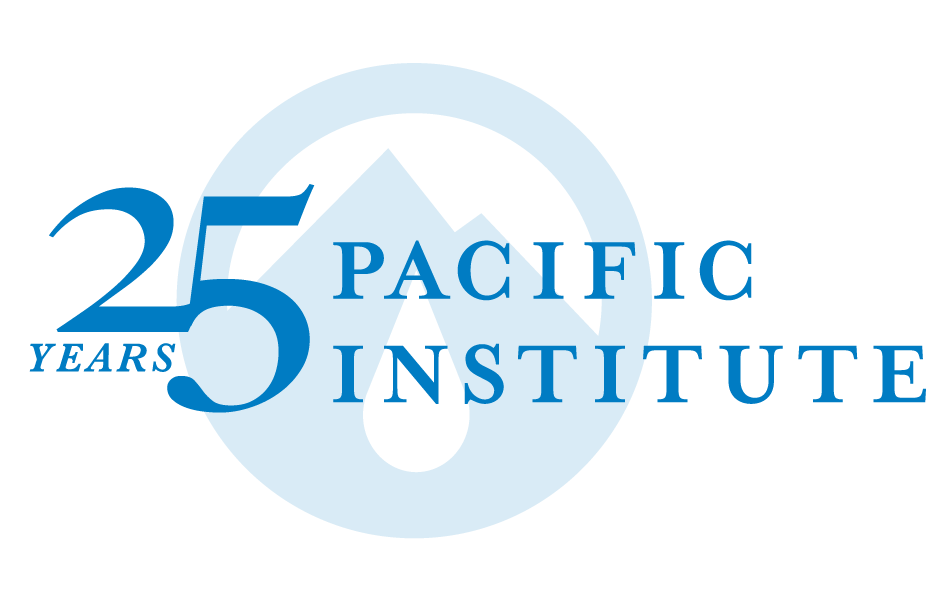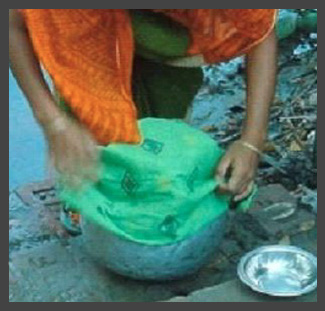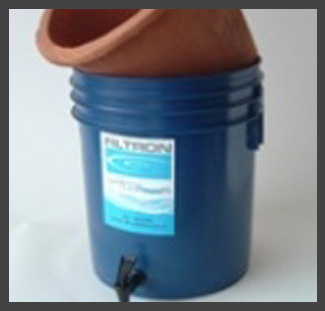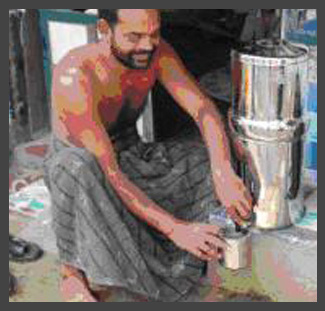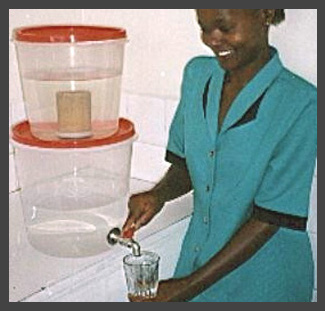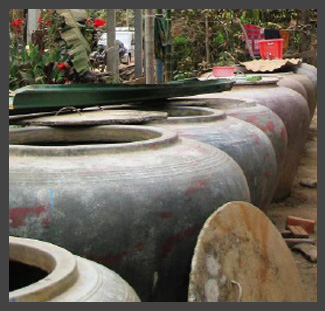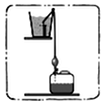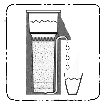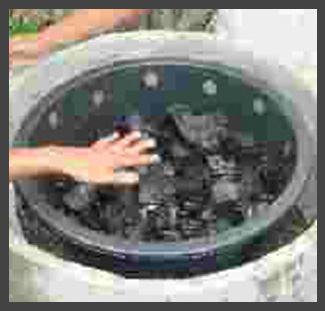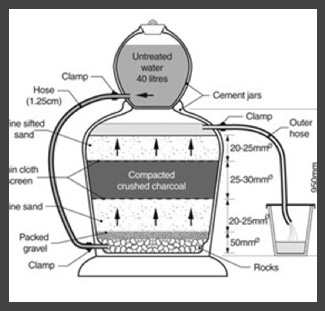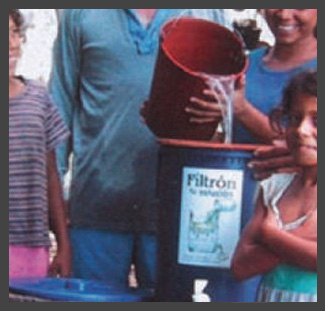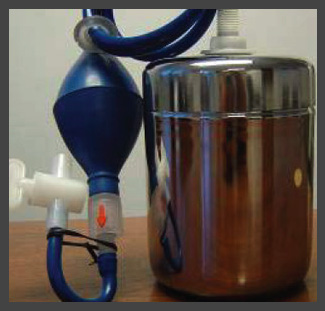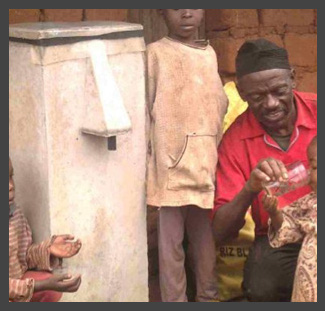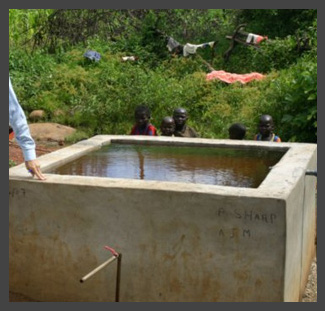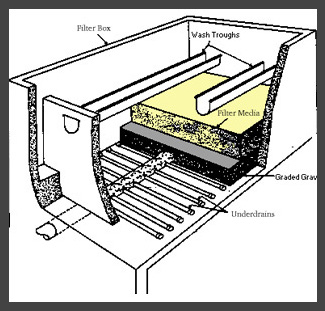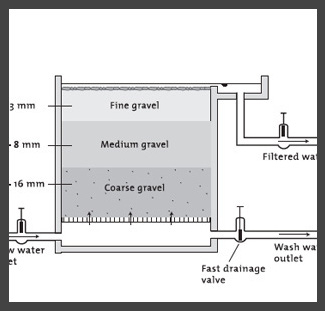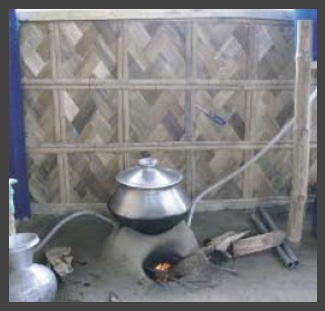Difference between revisions of "HWTS - Filtration"
(→Field experiences) |
|||
| Line 88: | Line 88: | ||
===Field experiences=== | ===Field experiences=== | ||
The projects below may utilize household filtration systems. | The projects below may utilize household filtration systems. | ||
| − | + | <br> | |
| − | {| style="width: | + | {|style="border: 2px solid #e0e0e0; width: 40%; text-align: justify; background-color: #e9f5fd;" cellpadding="2" |
| − | |[[Image:rsr 340.jpg|thumb| | + | <!--rsr logo here--> |
| − | | | + | |- style="vertical-align: top" |
| − | + | |[[Image:akvorsr logo_lite.png|center|60px|link=http://akvo.org/products/rsr/]] | |
| + | <!--project blocks here--> | ||
| + | |- style="vertical-align: bottom" | ||
| + | |[[Image:project 340.jpg |thumb|center|140px|<font size="2"><center>[http://rsr.akvo.org//project/340/ RSR Project 340]<br>Water training centre in Malawi</center></font>|link=http://rsr.akvo.org//project/340/ ]] | ||
| + | |[[Image:project 473.jpg |thumb|center|140px|<font size="2"><center>[http://rsr.akvo.org/project/473/ RSR Project 473]<br>Project Water4Tomorrow</center></font>|link=http://rsr.akvo.org/project/473/ ]] | ||
|} | |} | ||
| − | + | <br> | |
| − | |||
| − | |||
| − | |||
| − | |||
| − | |||
===HTWS filtration links=== | ===HTWS filtration links=== | ||
* To accelerate health gains to those without reliable access to safe drinking water, WHO established the International Network to Promote HWTS in 2003. The informal network format optimizes flexibility, participation and creativity to support coordinated action. [http://www.who.int/household_water/network/en/index.html The Network]. | * To accelerate health gains to those without reliable access to safe drinking water, WHO established the International Network to Promote HWTS in 2003. The informal network format optimizes flexibility, participation and creativity to support coordinated action. [http://www.who.int/household_water/network/en/index.html The Network]. | ||
* [http://www.who.int/water_sanitation_health/dwq/wsh0207/en/index6.html Managing water in the home: accelerated health gains from improved water supply.] WHO. | * [http://www.who.int/water_sanitation_health/dwq/wsh0207/en/index6.html Managing water in the home: accelerated health gains from improved water supply.] WHO. | ||
Revision as of 05:57, 11 March 2014
Household water treatment and safe storage (HWTS) has emerged as a viable solution for small and large populations, especially in rural areas. HWTS interventions can lead to dramatic improvements in drinking water quality and reductions in diarrhoeal disease, making an immediate difference to the lives of those who rely on water from polluted rivers, lakes and, in some cases, unsafe wells or piped water supplies.
To decide which household water technology is most appropriate for your needs, financials, and preferences, try using the Community Choices tool by The Pacific Institute. It walks you through a brief survey to consider variables for the right HWTS treatment in Ghana, Burkina Faso, Australia and the US.
Field experiences
The projects below may utilize household filtration systems.
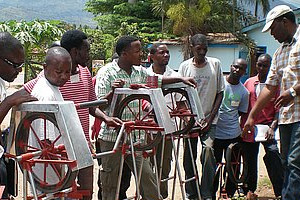 Water training centre in Malawi |
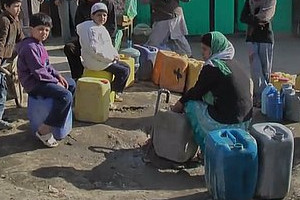 Project Water4Tomorrow |
HTWS filtration links
- To accelerate health gains to those without reliable access to safe drinking water, WHO established the International Network to Promote HWTS in 2003. The informal network format optimizes flexibility, participation and creativity to support coordinated action. The Network.
- Managing water in the home: accelerated health gains from improved water supply. WHO.
